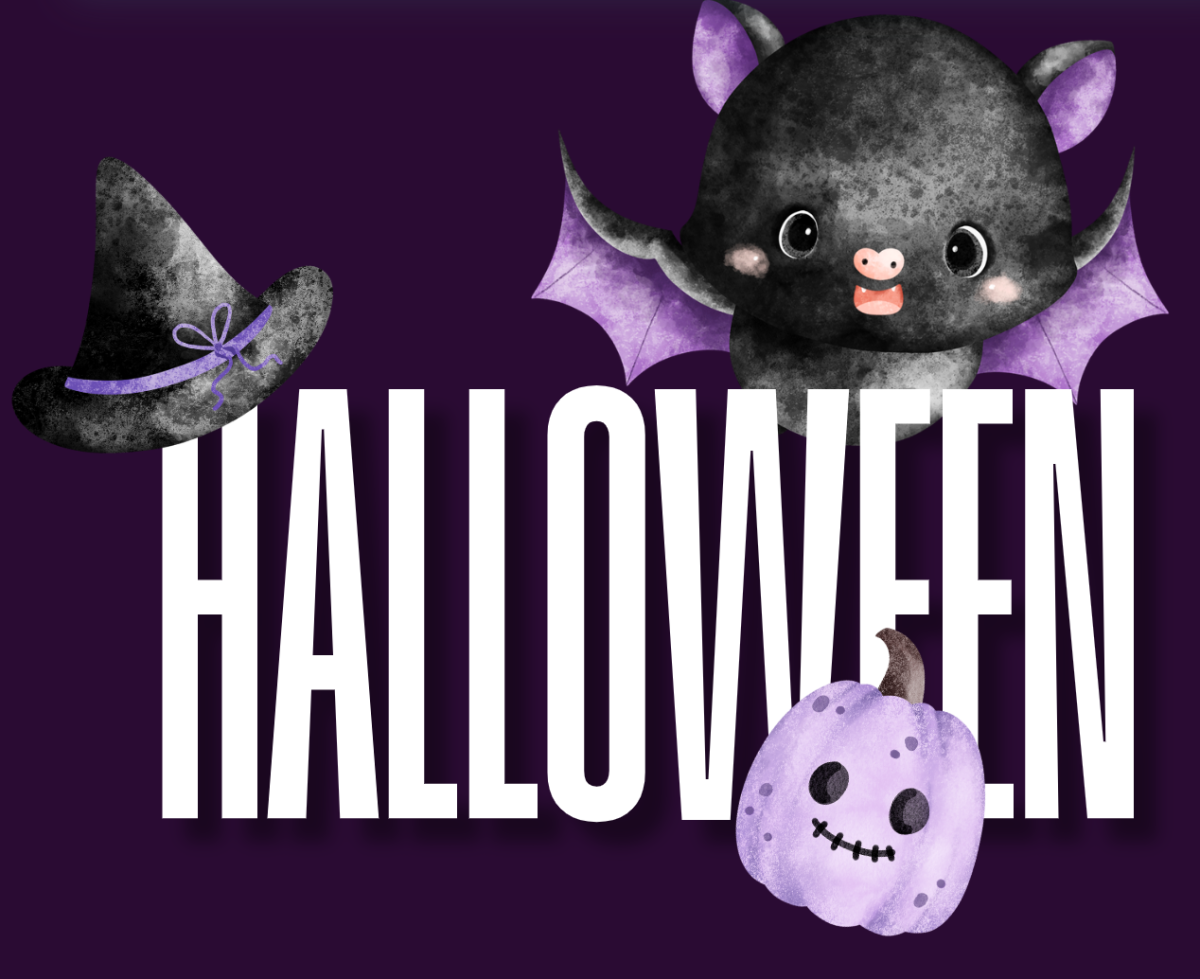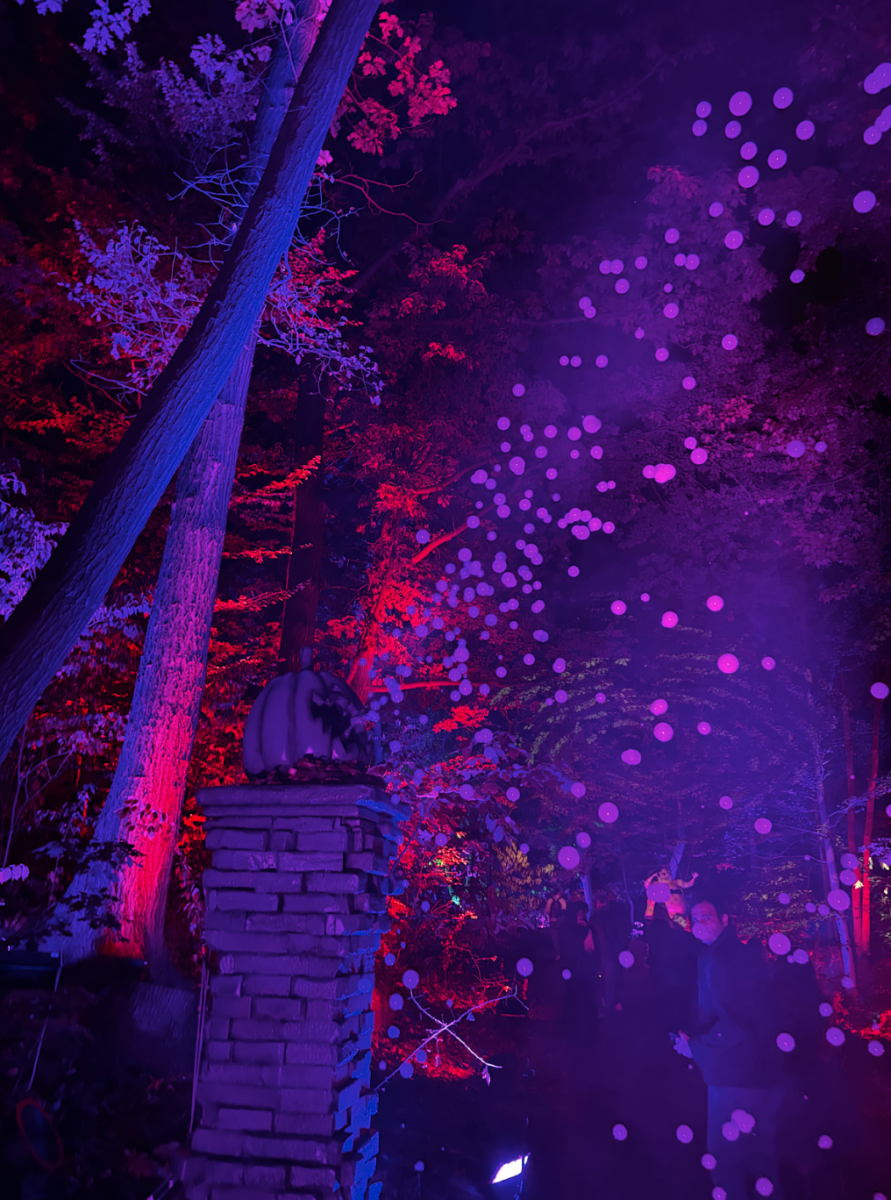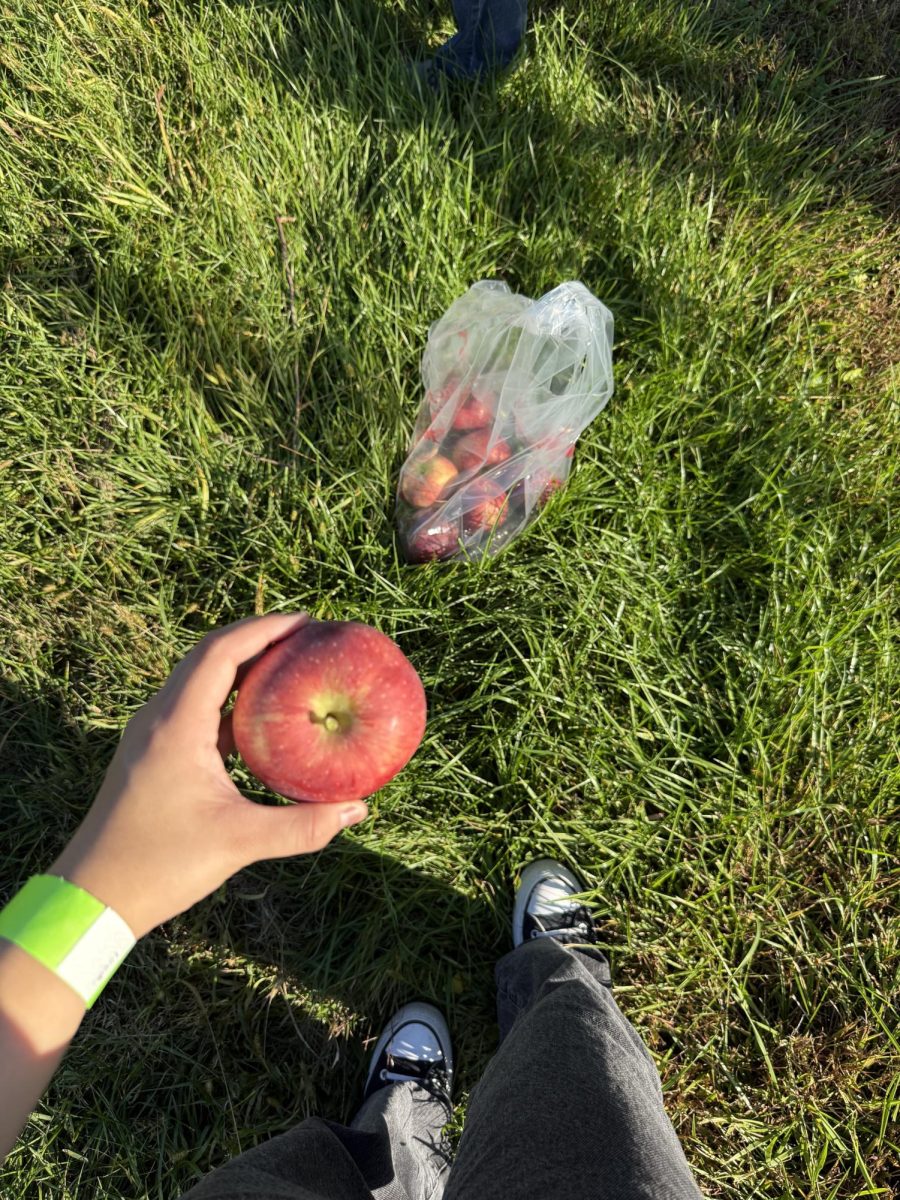By Claire Kim
Angel Haze’s newest project Back To the Woods is dark, brooding and beautiful. Since the release of her previous album in 2011, Haze has overdosed and has been sent to a psych ward twice. Following the highly publicized breakup with her girlfriend Ireland Baldwin, Haze’s successful return to the music scene became ever more questionable. As an artist who has used the medium of music to share and release her past issues with sexual and physical abuse, depression and suicide attempts, it was even more disheartening to see her seemingly sink back into the pains of her past.
Contrary to these worries, Haze has shown extreme resilience and reminded her audience of her raw talent and passion for music through this new project. Haze’s experiences in the past few years have given her a new and more deeply resonate voice. The poetic core of her lyrics has been bolstered by an invigorated layer of self-knowledge and openness to share her most exposed self. The thirteen tracks on Back To The Woods alternate between harsh and emotionally raw pieces that follow a similar style to her previous works and a newer, more delicate sound that highlights Haze’s singing voice. Both styles, although very different, showcase a slew of lyrics that confront loss both familial and romantic.
The beautifully crafted, softer beats that are showcased in, “The Woods” and “Moonrise Kingdom” are a new genre of sound for Haze, and yet they both are created with mastery. “The Woods” recounts Haze’s home and past. It includes bittersweet reminiscing to a place of comfort and belonging. The melancholy lyrics trap the listener in the shoes of a hopeless and heartbroken protagonist. “The Woods” is described as a place of extreme solitude where “…everything is lonely, like everybody else…,” and yet it is equated to a secure haven for Haze. This juxtaposition of a comforting shelter with a location of solitude shows the reality of Haze’s life. “Moonrise Kingdom” plays like a love song with a gothic twist. Again, the motif of the woods returns in this song, as a place of safety that two lovers are running away to find. This location is also inevitably destroyed, proving that “moonrise kingdom” does not exist. Haze’s singing voice, which had not been prevalently shared in previous tracks, proves to be a potent addition to her talents. Crawling in with deeper notes, Haze shares another side of her musical talent through these pieces.
Of course, Angel Haze shines the brightest in her dominant and striking rap. Pointing her sharp lyrics at the past, society and people, Haze demands to be heard. Her first full song on the album, entitled “Impossible,” strikes listeners as she spits, “I’ve got my middle finger up to white America for trying to whitewash my blackness.” At a time when not only Fordham University, but also American society is unveiling unacceptable and horrific incidents of racially charged crimes, Haze adds her own response to the growing dialogue. The hook of this song is especially relevant as she expresses her exhaustion within this particular conversation. Listeners are simultaneously stunned and vitalized, only wanting more of this feeling to fill themselves up.
Angel Haze’s songs are not only created for an audience to sing along to, but are also crafted to hit a listener and push through his or her core with weight and lasting vehemence. To listen to Back To The Woods is to be given the opportunity to dive into the mental psyche and personal past of the artist and the listener. This dual experience offers listeners a path into their own past like nothing else. Back To The Woods, with it’s fine balance between vulnerability, tragedy and powerful declarations, exposes the continuously intricate and complicated mind of Angel Haze.










































































































































































































